Back to Courses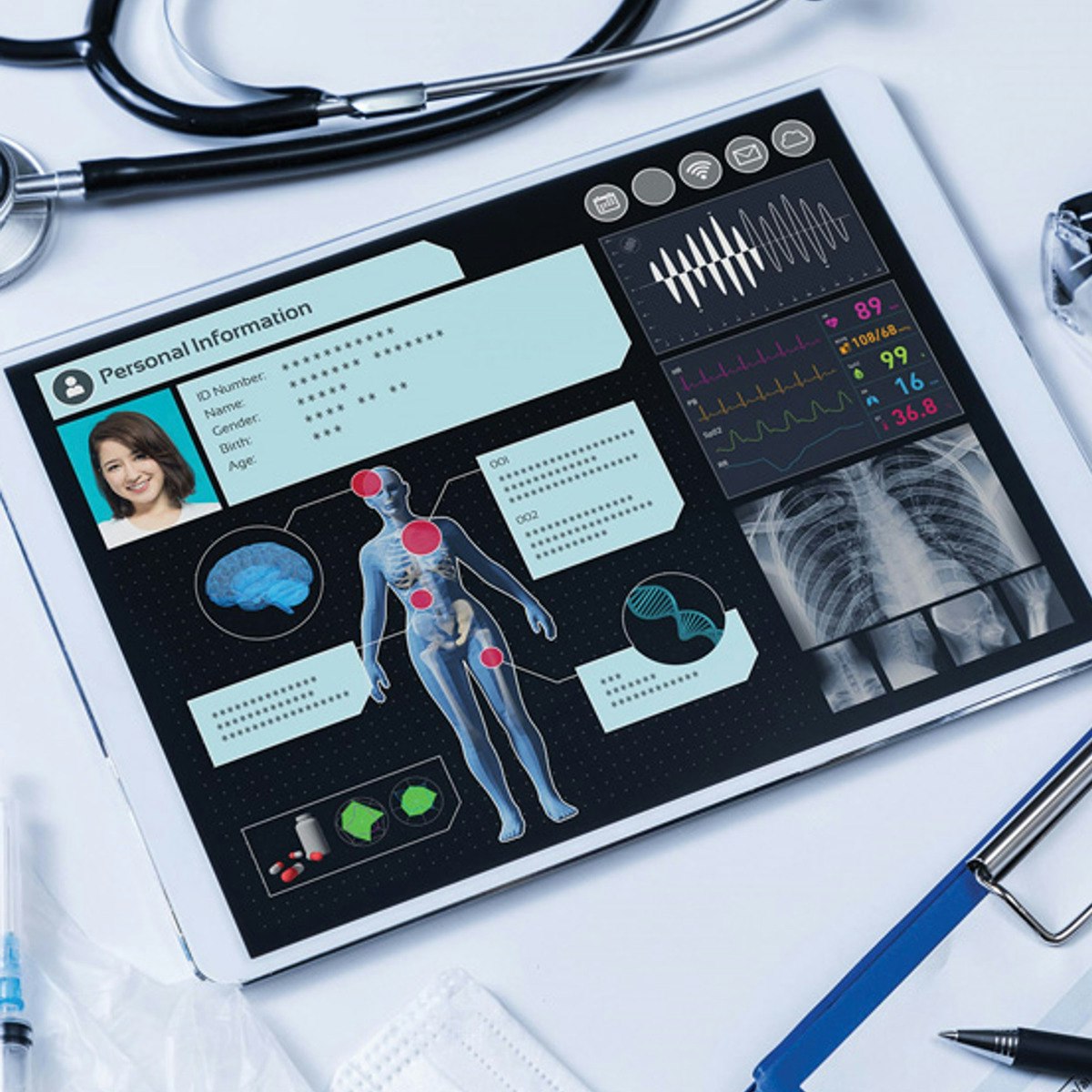
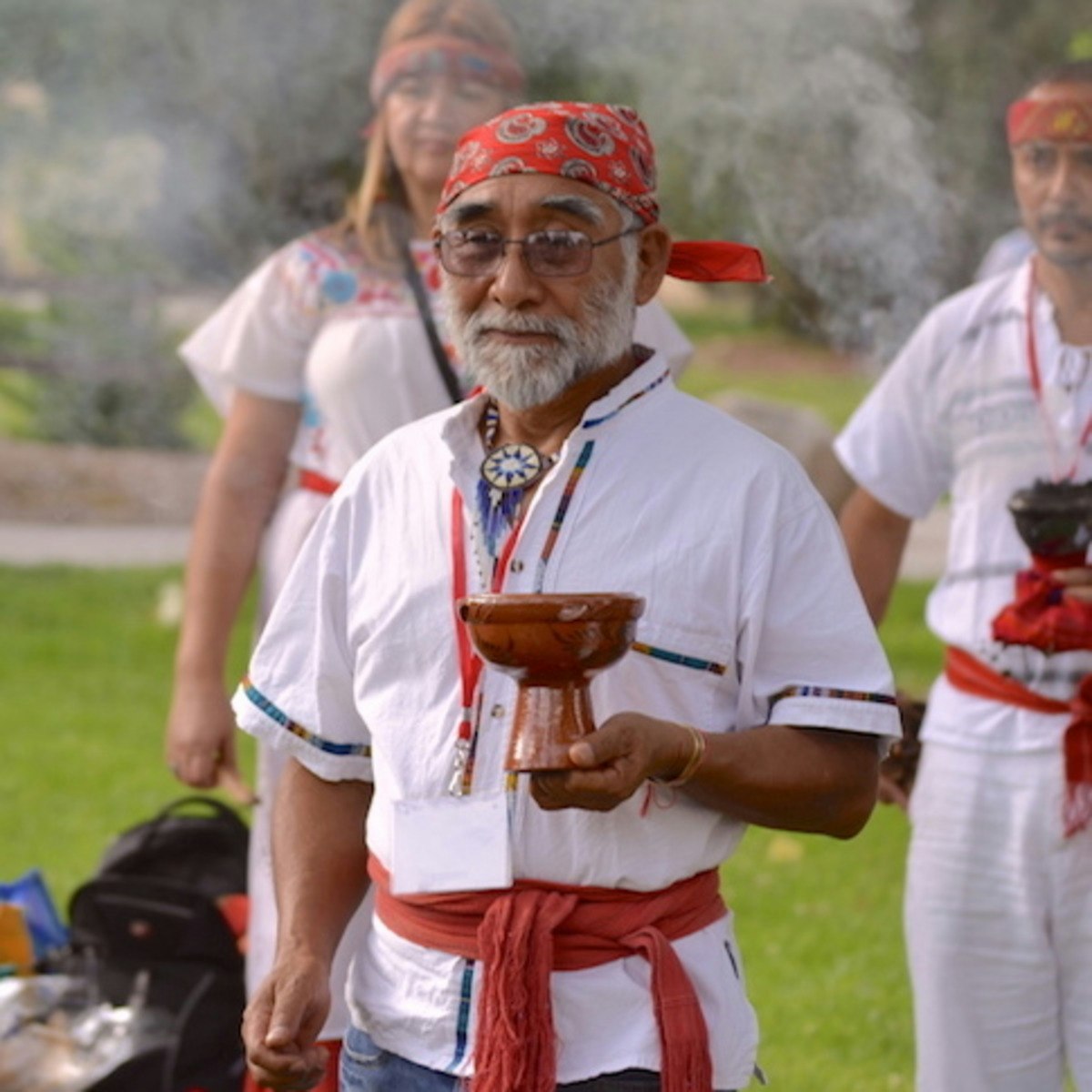
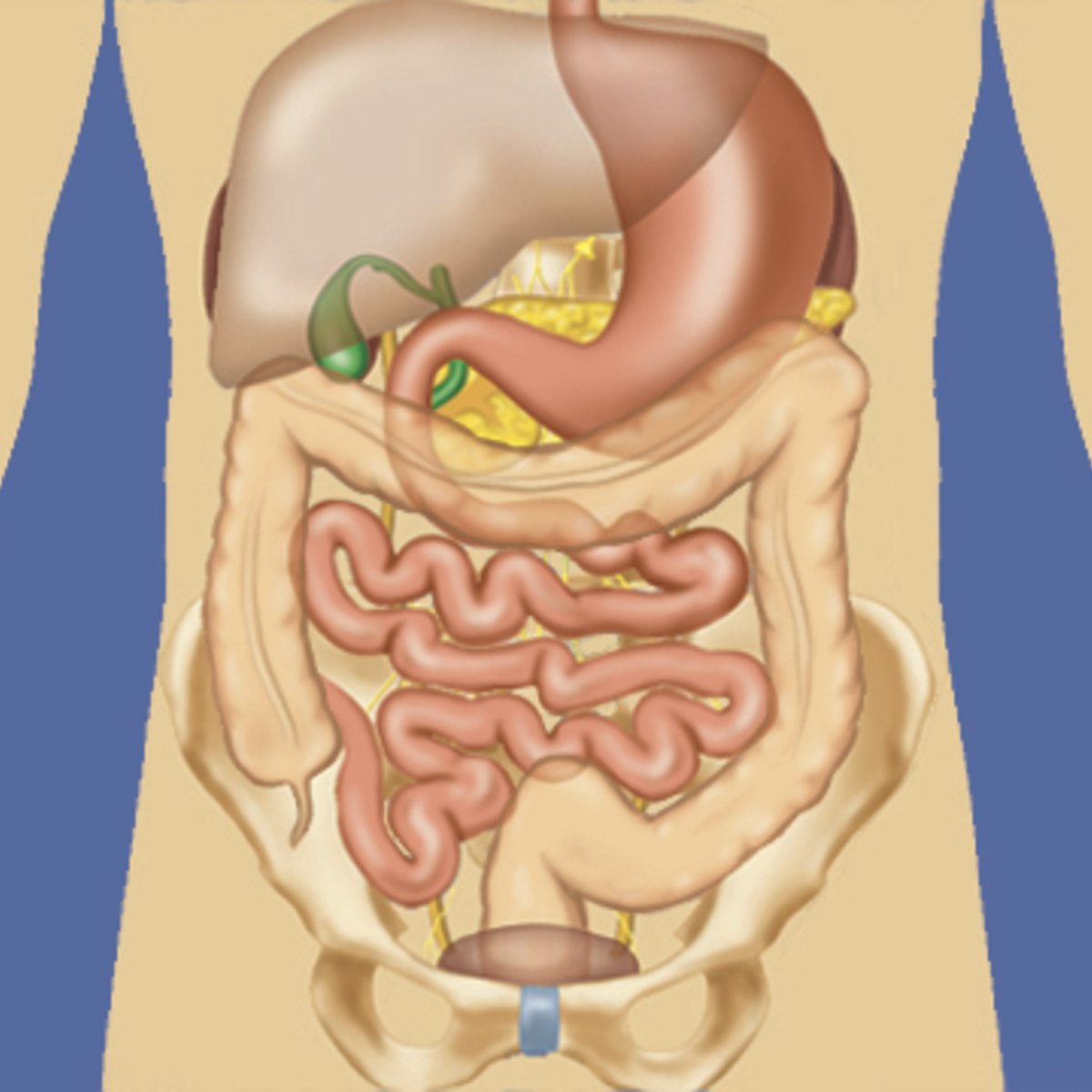
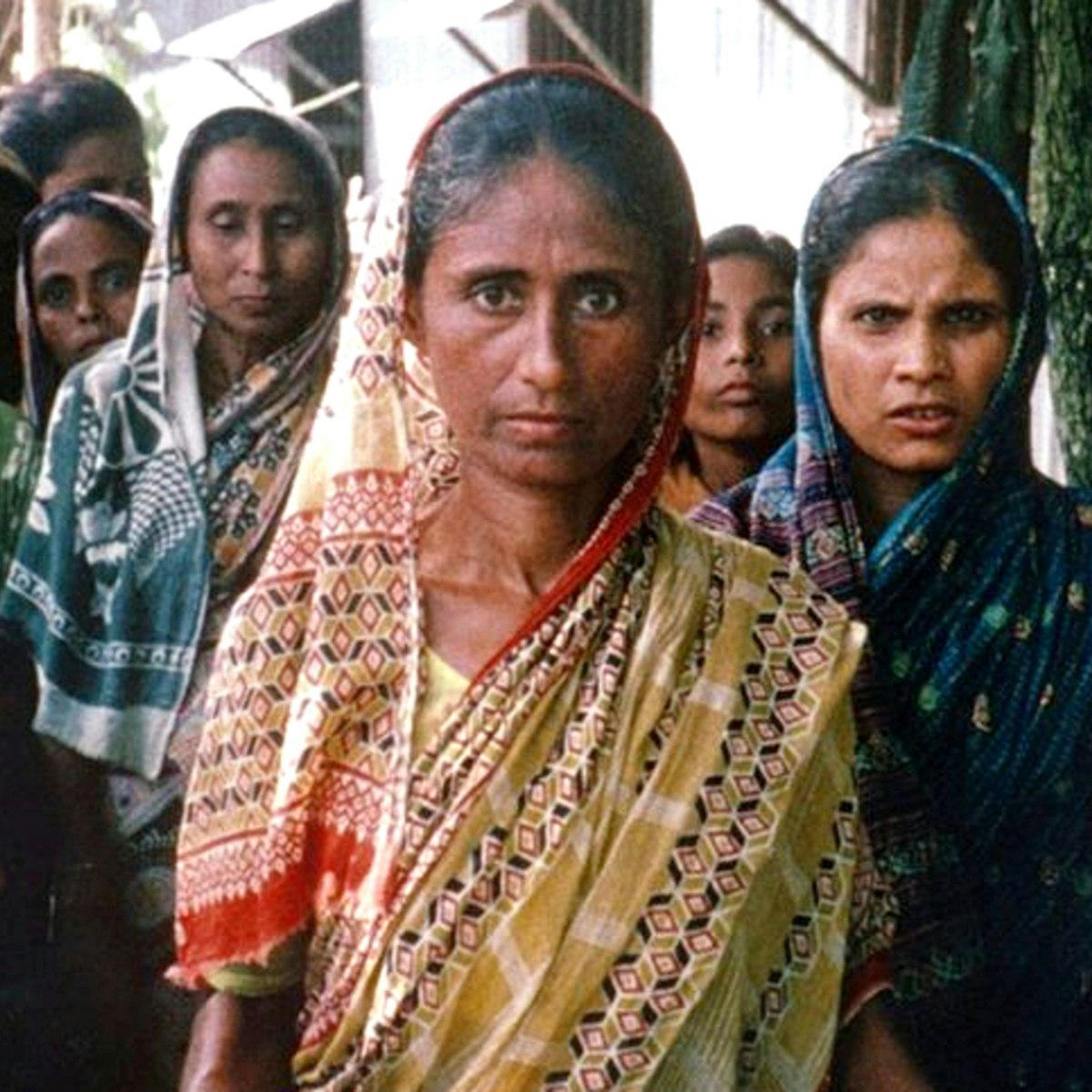

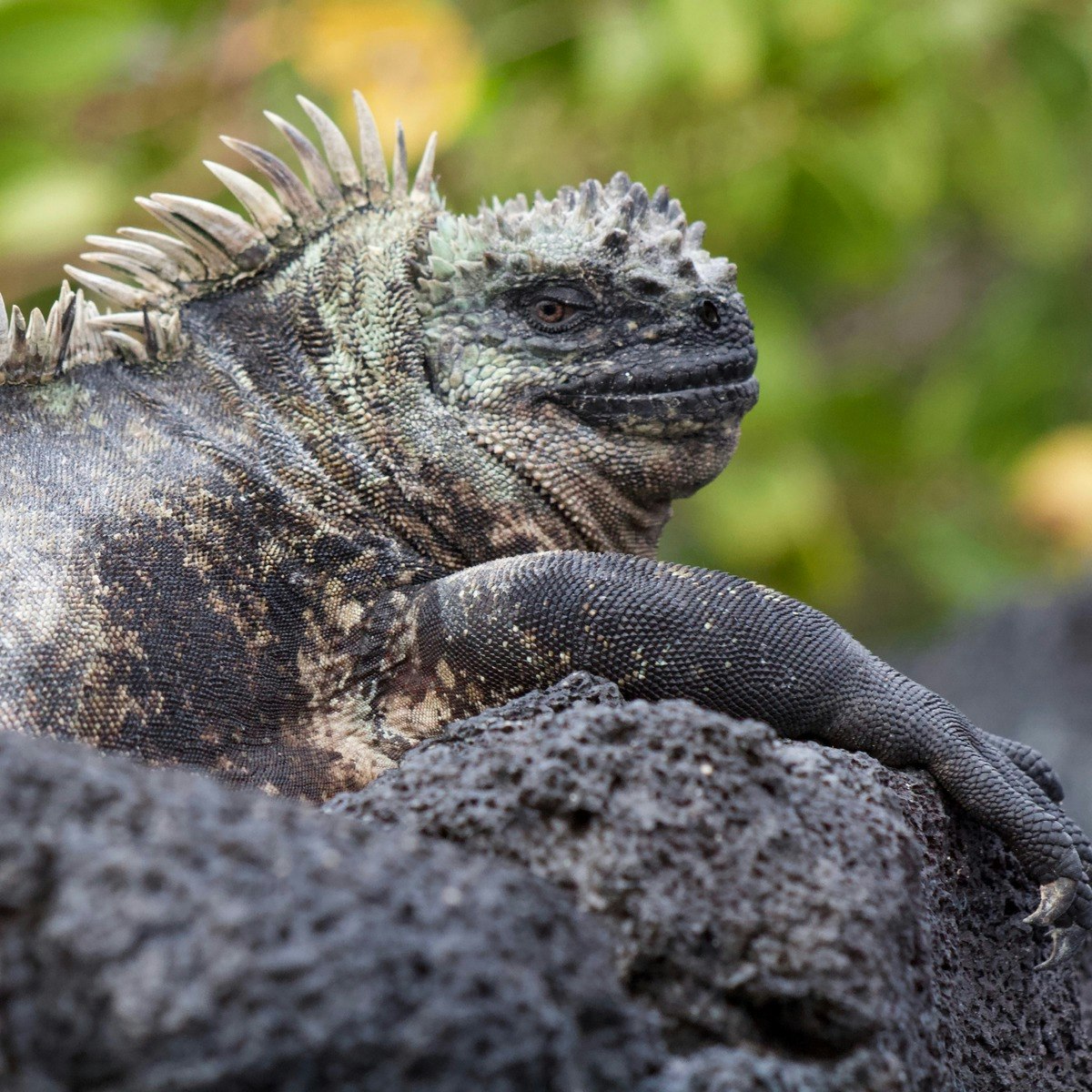
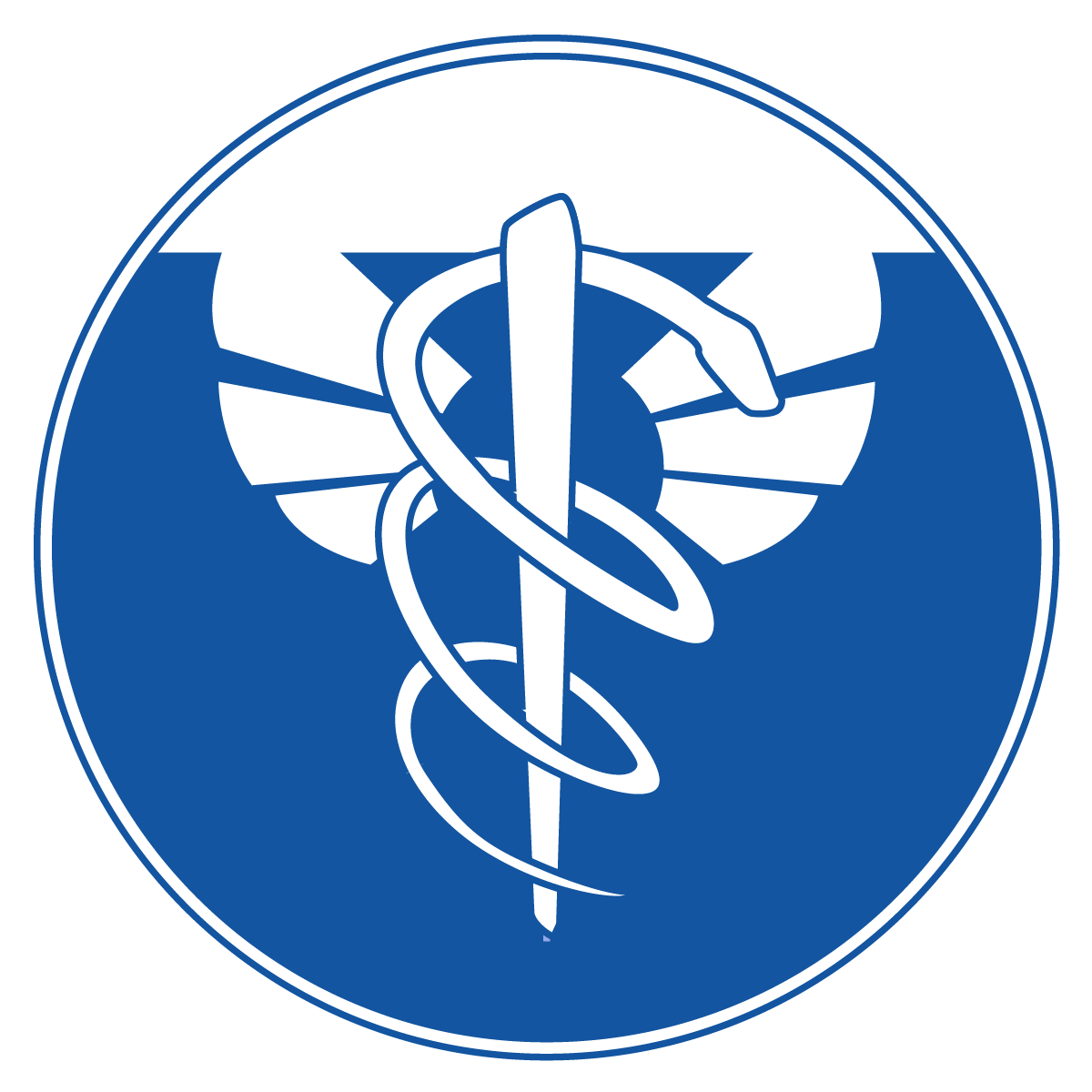

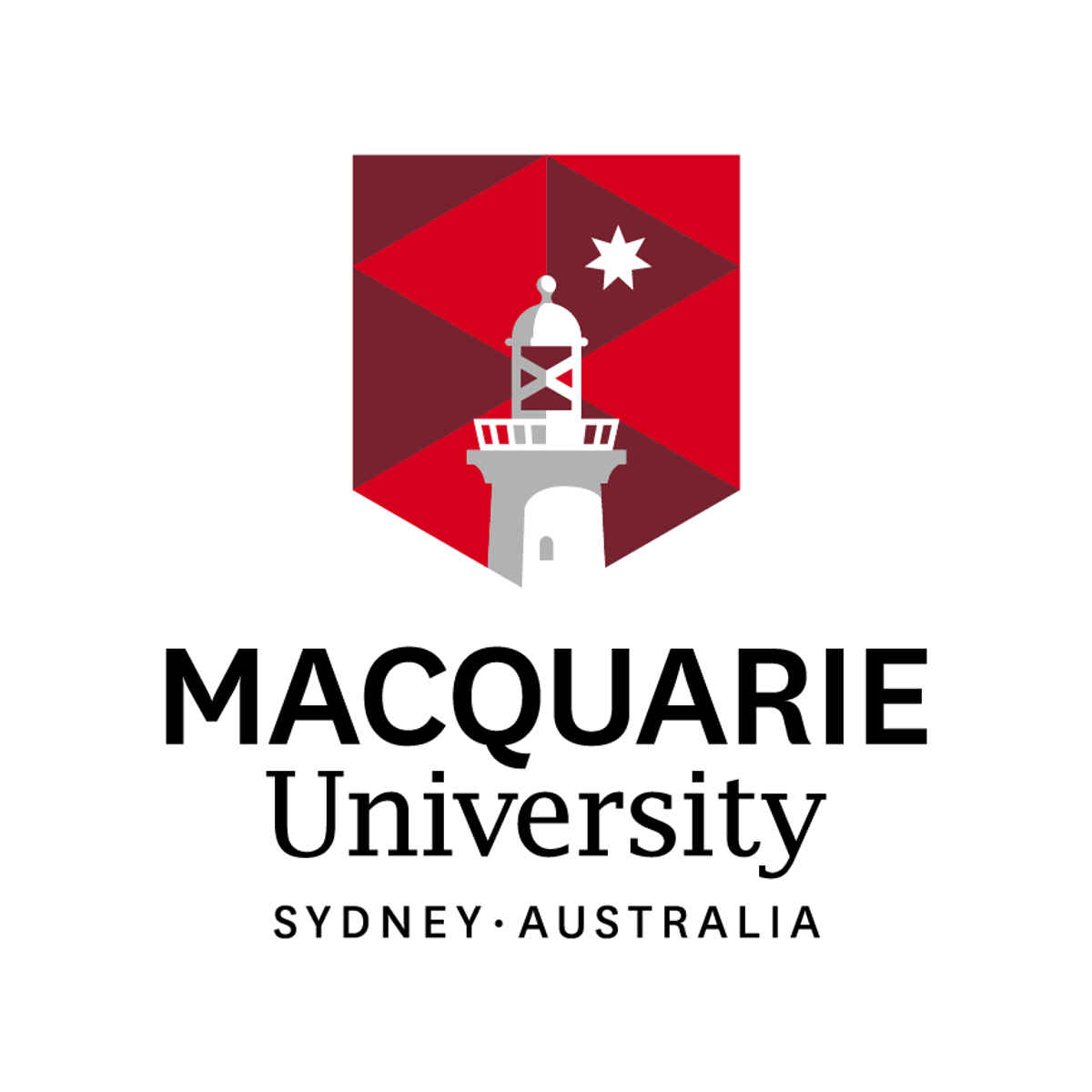
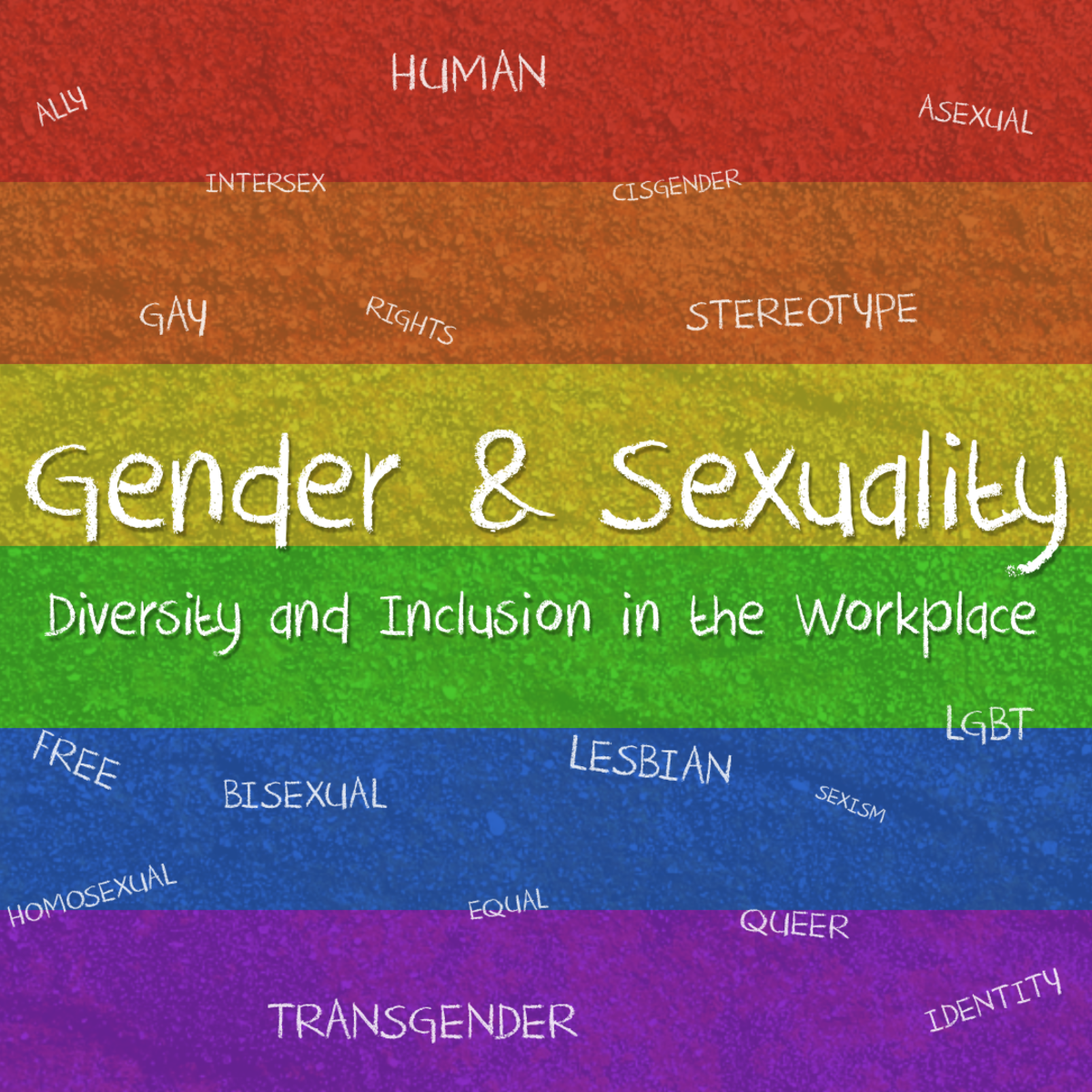
Life Sciences Courses - Page 29
Showing results 281-290 of 644
Clinical Decision Support Systems - CDSS 4
Machine learning systems used in Clinical Decision Support Systems (CDSS) require further external validation, calibration analysis, assessment of bias and fairness. In this course, the main concepts of machine learning evaluation adopted in CDSS will be explained. Furthermore, decision curve analysis along with human-centred CDSS that need to be explainable will be discussed. Finally, privacy concerns of deep learning models and potential adversarial attacks will be presented along with the vision for a new generation of explainable and privacy-preserved CDSS.

Curanderismo: Traditional Healing of the Mind, Energy & Spirit
As the third of four courses on Curanderismo, the art of Hispanic/Latino traditional medicine, this course focuses specifically on traditional healing of mind, energy and spirit. As an educational and cultural platform, this course will share a number of traditional body therapies. Trained traditional healers will share their knowledge of cleansings from different cultures such as spiritual, energetic and Tonalli Cleansing.
Learners will not become certified traditional healers at the completion of this course but will be able apply basic principles or traditional medicine for health and illnesses. They will become familiar specifically with the traditional therapy of the sweat lodge temazcal, laugh therapy risaterapia and they will learn about the creation of sacred spaces and healing grief through Día de los Muertos.
The Final Curanderismo course will be:
• Global and Cultural Influences of Traditional Healing: African traditional medicine from Uganda and Gabon; Afro-Latino from Cuba and Puerto Rico, Native American spiritual cleansings and Mayan acupuncture and other topics.
REQUIRED TEXTS
- Curanderismo: The Art of Traditional Medicine without Borders by Eliseo Torres
- Curandero: Traditional Healers of Mexico and the Southwest by Eliseo Torres with Imanol Miranda
Where to buy:
https://he.kendallhunt.com/product/curanderismo-art-traditional-medicine-without-borders
https://he.kendallhunt.com/product/curandero-traditional-healers-mexico-and-southwest
OPTIONAL TEXTS
Curandero: A life in Mexican Folk Healing by Eliseo Torres & Tim Sawyer
Healing with Herbs & Rituals: A Mexican Tradition, Eliseo Torres, edited by Tim Sawyer
Where to buy:
https://www.barnesandnoble.com/w/curandero-torres-eliseo-cheo/1120135382?ean=9780826336415&st=PLA&sid=BNB_1341481610&sourceId=PLAGoNA&dpid=tdtve346c&2sid=Google_c&gclid=EAIaIQobChMI3_6LmYev3gIViuNkCh3IPgUyEAQYASABEgLYXfD_BwE
https://www.barnesandnoble.com/w/healing-with-herbs-and-rituals-torres-eliseo-cheo/1120135381?ean=9780826339621&st=PLA&sid=BNB_825204424&sourceId=PLAGoNA&dpid=tdtve346c&2sid=Google_c&gclid=EAIaIQobChMIrrvswYev3gIVBsRkCh3BXQCHEAQYASABEgLnl_D_BwE
PODCAST:
- Blubrry podcast - https://www.blubrry.com/normallol/41068835/normal-lol-63-depersonalization-mental-wellness-curanderismomexican-traditional-healing-with-eliseo-cheo-torres/
- Itunes Episode 63 - https://itunes.apple.com/us/podcast/normal-lol-depersonalization-derealization-anxiety/id1065740418?mt=2

Anatomy of the Abdomen and Pelvis; a journey from basis to clinic.
In this anatomy course you will explore the organs involved in our food digestion and discover the common causes of abdominal and pelvic pain. The latest graphics and animations will help you to find new insights and understanding of this part of the body, that has been the focus of anatomical research for centuries and presently arouses renewed scientific interest.
You will explore the 3D anatomy of the organs from a basic level, providing thorough anatomical understanding, to its advanced application in surgical procedures. This course will challenge you to discover and help you to understand the anatomy of the abdomen and pelvis in all its aspects, ranging from its embryological underpinnings, via digital microscopy to gross topography and its clinical applications.
The course is unique in that it continuously connects basic anatomical knowledge from the lab with its medical applications and current diagnostic techniques. You’ll get the chance to discuss anatomical and clinical problems with peers and experts in forum discussions and you will receive guidance in exploring the wealth of anatomical information that has been gathered over the centuries. Follow us on an exciting journey through the abdomen and pelvis where you digest your food but also where new life starts!

International Women's Health and Human Rights
This course focuses on women’s health and human rights issues from infancy through old age, including information about positive interventions relating to those issues. Learners are encouraged to interact with each other through interactive discussions.
It is important to us that this course be available to all learners. We encourage you to apply for Coursera's financial aid (see link to left) if the cost of the course certificate is difficult for you to afford. Please note that you may view all materials in this course, and participate in it, without purchasing a certificate.
The course was co-created by Consulting Professor Anne Firth Murray and Kevin Hsu. Anne Firth Murray is the Content Director of the course; Kevin Hsu is the Design Director of the course.

Science Matters: Let's Talk About COVID-19
Welcome to ‘Science Matters: Let's Talk about COVID-19’, from the Jameel Institute at Imperial College London.
The outbreak of the Novel Coronavirus Disease (COVID-19) is the most significant public health emergency of the 21st century so far. As the epidemic spreads, people around the world want to understand the science behind the most pressing questions: how many people have been infected? How dangerous is the virus? When will a vaccine be available? How can the epidemic be contained, and the damages mitigated? What is the economic impact? What’s the role of social media and local communities in the epidemic response?
Researchers at the Jameel Institute and other research institutes at Imperial College London have been at the forefront of the response to the COVID-19 emergency, with clinical, epidemiological and social science analyses informing the outbreak response. They are generating robust empirical evidence that governments and international agencies are using around the world to plan their responses.
On this course, you will hear directly from our world-class experts about the theory behind the analyses of COVID-19 and its spread, while learning how to interpret new information using core principles of public health, epidemiology, medicine, health economics, and social science. You will be able to watch regular situation reports about the state of the epidemic, provided by the researchers of J-IDEA and its director Professor Neil Ferguson.
If you want to learn even more about these topics, a number of free MOOCs are available from Imperial College London. We also offer a fully online Global Master of Public Health for those of you who want to delve even deeper and join our professional community.
Please note:
This course was launched in February 2020 and we have continued to develop content as the COVID-19 situation progresses and new insights emerge. While we endeavour to include the most recent information, this is a fast-moving situation and information is constantly changing.
This course is to be used for educational purposes only and is open to all and free of charge.
The information in this course does not constitute clinical or other advice and must not be used for the purposes of providing any clinical or other advice. If you have any health concerns, please refer to your regional health authorities’ guidelines and consult a medical professional.
Please note the views expressed by individuals in the course content do not necessarily reflect those of Imperial College London, the Jameel Institute and any other funding partners.
Imperial College London, the Jameel Institute and any other funding partners shall not be liable, to the maximum extent permitted by law, for any loss suffered or for any other adverse or negative consequence arising directly or indirectly from your reliance on the information contained in this course.

Introduction to Biology: Evolution
Evolution is one of the most interesting fields within biology, and one that’s central to a complete understanding of modern biology. We begin by tracing how Charles Darwin developed a theory of evolution by natural selection and the many ways that biologists have advanced the science of evolution since his lifetime. We then go on to learn about the many applications of evolutionary biology to our everyday lives.

Trauma Emergencies and Care
Welcome to Trauma Emergencies and Care. In this course, you will learn about some of the mechanics and physics of trauma on the human body, and how this can cause injury. You will continue to expand your new vocabulary with medical terminology, and learn how to describe the different injuries you may see. You will also learn about the trauma system itself- and when it is important to transport patients to a trauma center.
Then we will dive into specific injuries based on what part of the body may be injured- or trauma by system. There are different considerations in the trauma patients depending on both how, and where, they are injured. And of course- you will learn your standard approach to a history and physical exam of the trauma patient.
Finally, you will learn about something that you hope to never encounter: mass casualty incidents, or MCI’s. These are occurrences where you may have multiple patients, and there is an organized and specific approach as a provider in these circumstances.

Essentials in Clinical Simulations Across the Health Professions
This 7-week course provides you with key strategies to help understand the foundation of Clinical Simulations. During each module, you will learn about 7 key components of Clinical Simulation Across the Health Professions and its' impact in your current position as a healthcare professional. Please utilize all of the Resources provided by each of the modules to support and enhance your understanding of each concept. You will learn about the following topics in this course:
Module 1: Getting Started in Clinical Simulation-the Fundamentals
Module 2: INACSL Standards of Best Practice: Simulation
Module 3: Implementing Simulation in the Curriculum
Module 4: Developing a Simulation Center
Module 5: Basics of Debriefing in Simulation
Module 6: Evaluation Methods in Simulation
Module 7: SPs in Simulation
About The George Washington University School of Nursing
Ranked among the top nursing schools by U.S. News & World Report, the George Washington University School of Nursing educates and inspires nurses to provide high-quality, compassionate person-centered health care. The school develops leaders actively engaged in health promotion, patient advocacy and healthcare innovation, and prepares exceptional nurse educators who pursue quality and advance the profession. The School of Nursing is committed to improving the health and wellbeing of people and communities locally, nationally and globally. The school values lifelong learning and its students advance nursing practice, leadership and education as they make a difference in the world.
For more in-depth simulation education, please see the GW Nursing Simulation Initiatives.
https://nursing.gwu.edu/gw-nursing-simulation-initiatives

Lymphoedema: Monitoring & Intervention After Breast Cancer
Lymphoedema following breast cancer treatment is a poorly understood and under-researched condition which can significantly impact physical and psychological function, reduce quality of life and result in substantial cost burdens to both patients and the healthcare system.
In these interactive modules we will cover an introduction to lymphoedema, lymphatic physiology and anatomy, assessment and treatment, as well as utilise case studies to understand the prospective surveillance and early intervention model of care in breast cancer rehabilitation.
This course is brought to you by the Australian Lymphoedema Education, Research and Treatment program (ALERT) at Macquarie University, Sydney, Australia.

Gender and Sexuality: Diversity and Inclusion in the Workplace
What is sex? What is gender? What is sexuality? What do we mean by LGBTQIA? How are these concepts related to the workplace? How have our understandings of these terms changed over time, and how have these changes impacted work and culture? To help you answer these important questions, this course will introduce you to the exciting field of gender, sexuality, and women's studies, and to LGBTQIA identities. We will use a range of interdisciplinary concepts, tools, and methods to understand and analyze how identity shapes our experiences in culture and in the workplace. Because we all live with gender expectations, this course is crucial for any profession, and for understanding the world around us. Also, you will learn key concepts that will help you to interpret and understand the world we share.
Popular Internships and Jobs by Categories
Find Jobs & Internships
Browse
© 2024 BoostGrad | All rights reserved